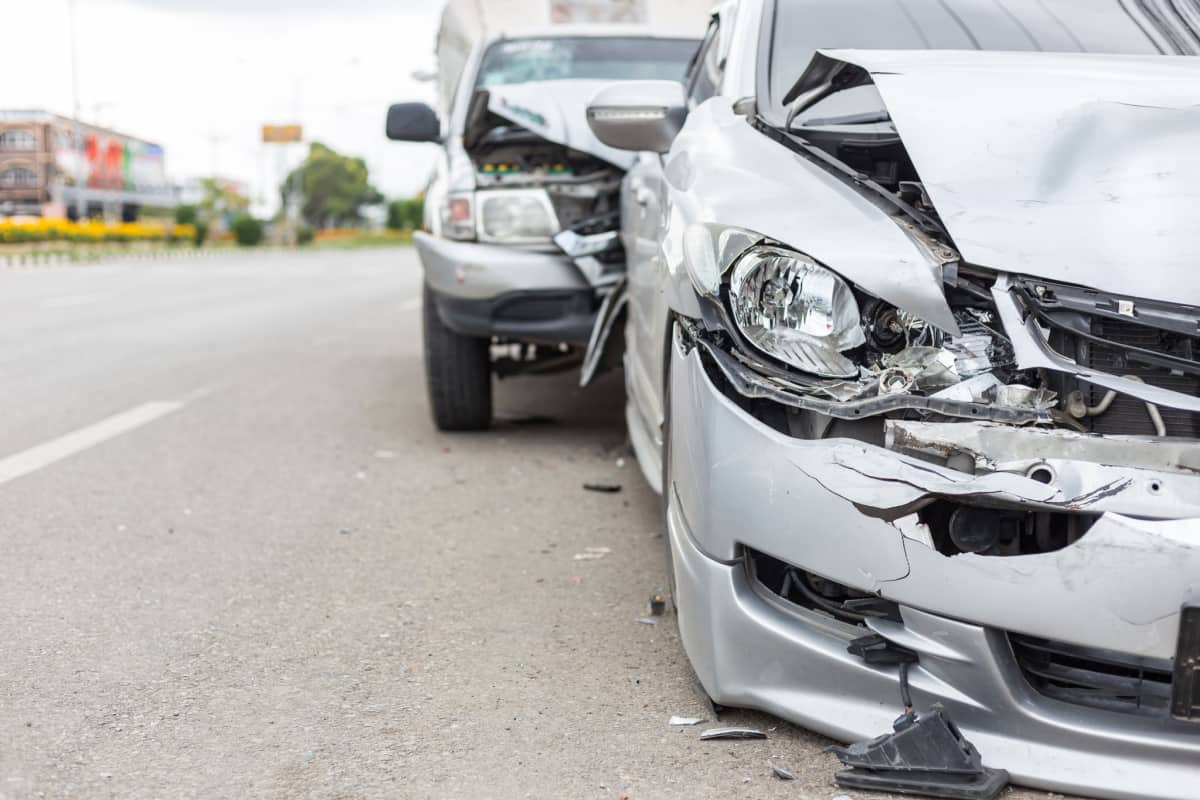Much of the legal battle that follows a serious car accident can be challenging. One of the most challenging aspects is proving the presence of PTSD and, more importantly, the causality between it and the accident . PTSD is a serious disorder that occurs in the brain – thus proving more challenging for attorneys to advocate for associated damages.
PTSD and its Severe Consequences on the Human Body
PTSD, also known as post-traumatic stress disorder, is a medical condition defined as a disorder in which someone has psychological or emotional difficulty recovering after experiencing or witnessing a terrifying event. According to the Mayo Clinic, PTSD Symptoms include:
- Intrusive memories consist of recurrent, unwanted memories of a traumatic event. This is manifested in upsetting dreams or nightmares, often distressing the afflicted individual. Others report having flashbacks while going about their daily lives.
- Similarly, changes in physical and emotional reactions are common in those experiencing PTSD. In the case of many, day-to-day life becomes more difficult due to the presence of internal interruptions. Being constantly on guard, having trouble sleeping or concentrating, excessive irritability, overwhelming guilt, and becoming easily startled are among the symptoms present in this category.
- Negative thoughts about oneself or the world around them, hopelessness, memory problems, detachment, lack of enjoyment, and emotional numbness all fall under the “negative changes in thinking and mood” category commonly found in victims of terrifying accidents. These may drastically decrease the quality of life for those afflicted.
- Finally, avoidance is among the last set of symptoms commonly experienced by those with PTSD. Many go out of their way to avoid places they previously frequented, people they interacted with, and discussion or mental engagement with the causing event altogether.
It is stipulated that PTSD can be quite subjective as a condition, greatly varying in severity from person to person. The pattern of symptom intensity is not necessarily negatively associated with the progression of time, nor is there any guarantee that a future event doesn’t have the capability to worsen someone’s condition. PTSD and its symptoms vary depending on the traumatic event, the individual in question, and their perception of said traumatic event.
Diagnosis of PTSD: Prevalence and Problems
In a study produced and published in Professional Psychology: Research and Practice by Dr. J. Gayle Beck and Dr. Scott F. Coffey reported rates of PTSD as a result of car accidents can vary simply depending on the methodologies used depending on the study. Apart from going undiagnosed altogether, some people may not report their symptoms and shrug off their woes as consequences of an everyday occurrence. In any case, it is largely thought that the presence of PTSD around 30 days after a motor vehicle accident is between 25-33%.
The process of diagnosing PTSD can be quite intimidating for survivors. The first step is often a screening for PTSD symptoms in the affected individual, followed by an interview. These steps may not be properly taken by a given healthcare facility and must be consented to by the victim. Other victims of motor vehicle accidents may neglect to seek medical care at all in the case that they did not sustain any physical injuries. Other barriers to PTSD diagnosis include a lack of trust in healthcare providers and an absence of health insurance.

Legal Challenges to PTSD Claims
Despite the hard medical evidence and detrimental impacts of PTSD on the lives of victims, it can be difficult to prove in a court of law as money is involved. Typically, if someone is not at-fault for an accident and is suffering from a medical condition as a result of said accident, the at-fault party is responsible for paying damages to the victim.
Yet, even though they may bear moral responsibility for compensating for the victim’s losses, the defendants, their insurers, and the defense lawyers are expected to be exceptionally skeptical of any and all psychological claims. Leveraging the intangible nature of a psychological condition means that they will have high demands for the plaintiffs as they attempt to prove PTSD onset.
Attorneys seeking damages for a client with PTSD may need to call upon robust expert testimony to defend their case. Psychologists, psychiatrists, and other medical professionals with highly-respected opinions will need to be heard in a court of law in order to convince the opposing side that the presence of PTSD is indisputable. Enlisting the help of notetakers, such as nurses or physicians who have not properly assessed the victim for PTSD, may prove damaging to the plaintiff’s case.
Lawyers also have the task of directly associating the onset of PTSD with the accident in question. Many individuals in our society suffer from other psychological and mental disorders, meaning the defense may try to exploit their claims. Furthermore, defenses are known to capitalize on the gap of time between the date of the accident and the date of diagnosis, claiming that other factors could have caused or been the result of the onset of PTSD. They may additionally claim that this time was used to manufacture the claim altogether to collect more damages.
Defending a PTSD Diagnosis in a Court of Law
Living with PTSD can be extremely difficult. It can be of great importance for those suffering from the condition to take refuge in routine or mundane activities, cognitive behavioral therapy, lifestyle changes, mindfulness activities, and more.
Defense teams can make this even more difficult by failing to pay out what is owed to a victim to begin medical treatment. It is for this reason attorneys are so important when it comes to recovering damages for PTSD and other psychological conditions. As opposing sides will go out of their way to exploit the process of diagnosis or otherwise, a competent lawyer must step in to remedy the difficult process of proving the presence of PTSD in a victim to a court of law.
If you are looking to recover damages for PTSD from a car accident, call the firm today at 504-526-2222 or contact us online so that you can set up a consultation.








